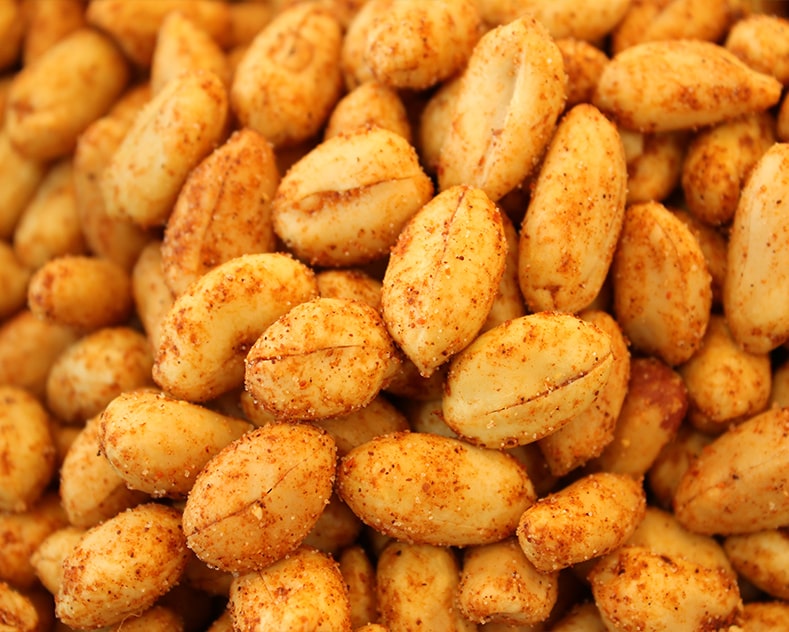A diet with peanuts reduces the risk of heart disease due to increased magnesium, folate, fiber, copper and vitamin E. Consumption of 28 grams of peanuts a day reduces heart disease.
- Peanuts dilate the body’s arteries and facilitate blood flow, prevent blood clots and strokes. If you eat 28 grams of peanuts, nuts or peanut butter a week, you’ve reduced your risk of gallstones by 25 percent.
- Consume peanuts 2 or more times a week. Women who follow this have been shown to avoid up to 85 percent of colorectal cancers, and men have reduced their risk by up to 27 percent
- Its unripe fruit increases milk secretion
- Peanut oil is laxative and relieves constipation
- In terms of properties, ground almonds are similar to olive oil
- Experts emphasize that peanut kernels are good for health in any way they are eaten There is also a type of phenolic antioxidant called resveratrol, which is commonly found in grapes, in peanuts, which helps reduce the risk of heart disease. Peanut butter is a rich source of unsaturated fats called fats, which is why it’s good for lowering bad cholesterol. In addition, it contains fiber, which is effective in improving intestinal function. Therefore, regular consumption of peanuts reduces the risk of colon cancer.
- Calcium and vitamin D in peanuts play a role in strengthening bones and teeth, which prevents osteoporosis in the long run.
We produce peanuts in the following flavors
Salted peanuts , Peanut vinegar , Pepper Peanuts
Peanuts are used as a nutritious and healthy snack. Peanuts are used in cakes, pastries and desserts as a slice or paste of peanuts. Consumption of peanut butter as one of the products extracted from peanuts has also become very popular. We recommend increasing people’s consumption of peanuts and their products in their diet.
 Bulk and packaging
Bulk and packaging







